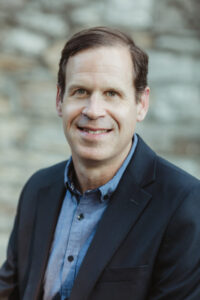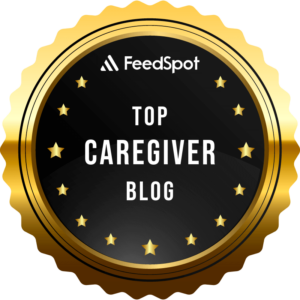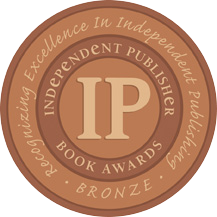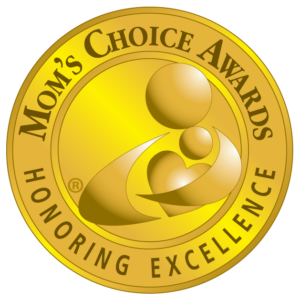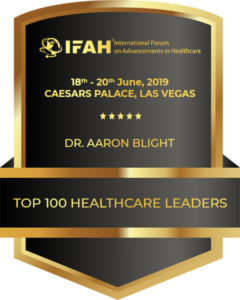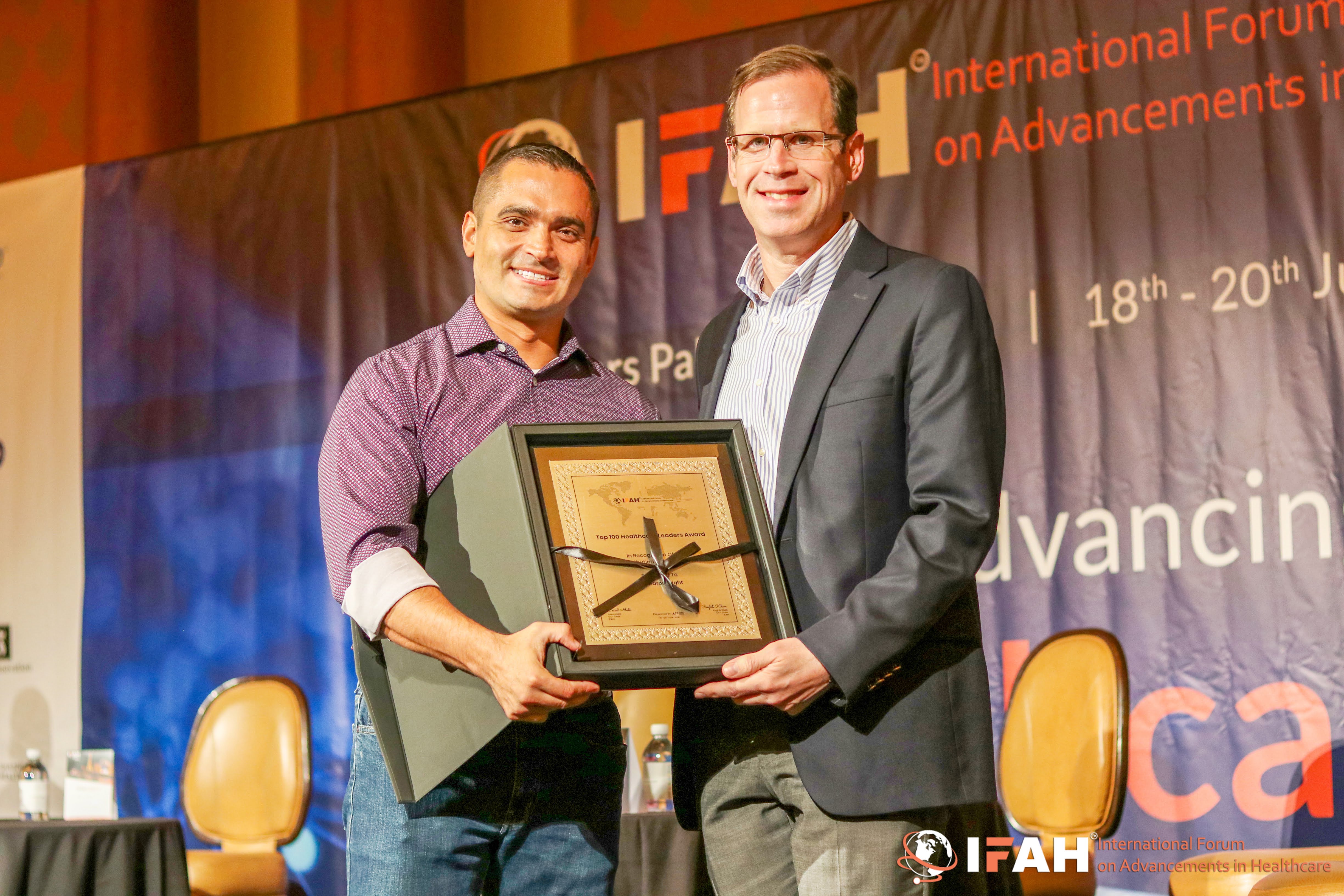
Published on:
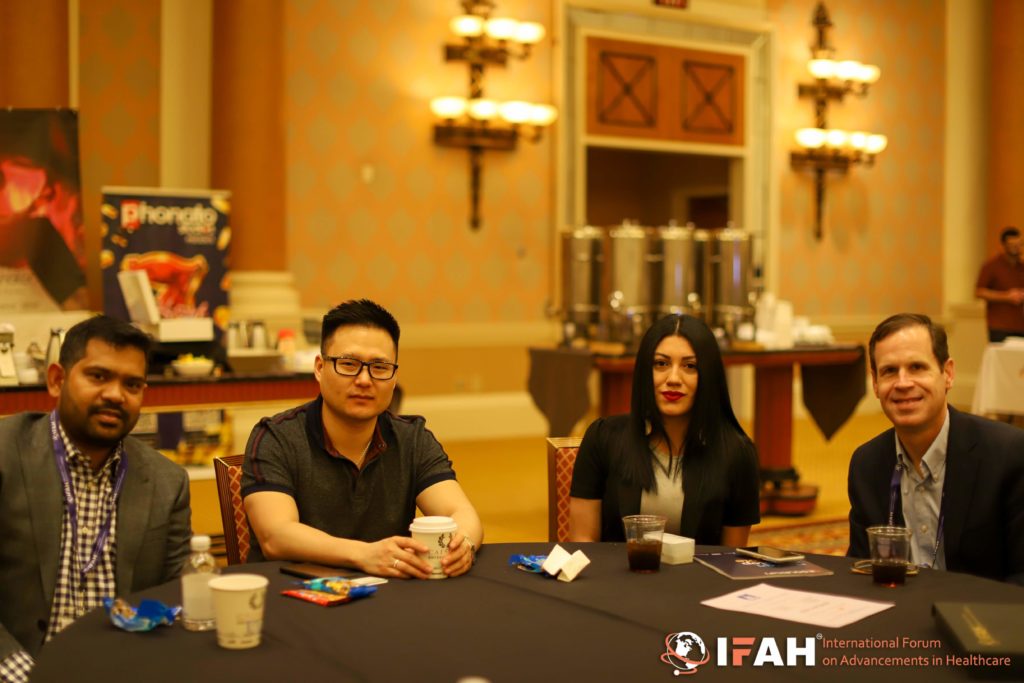
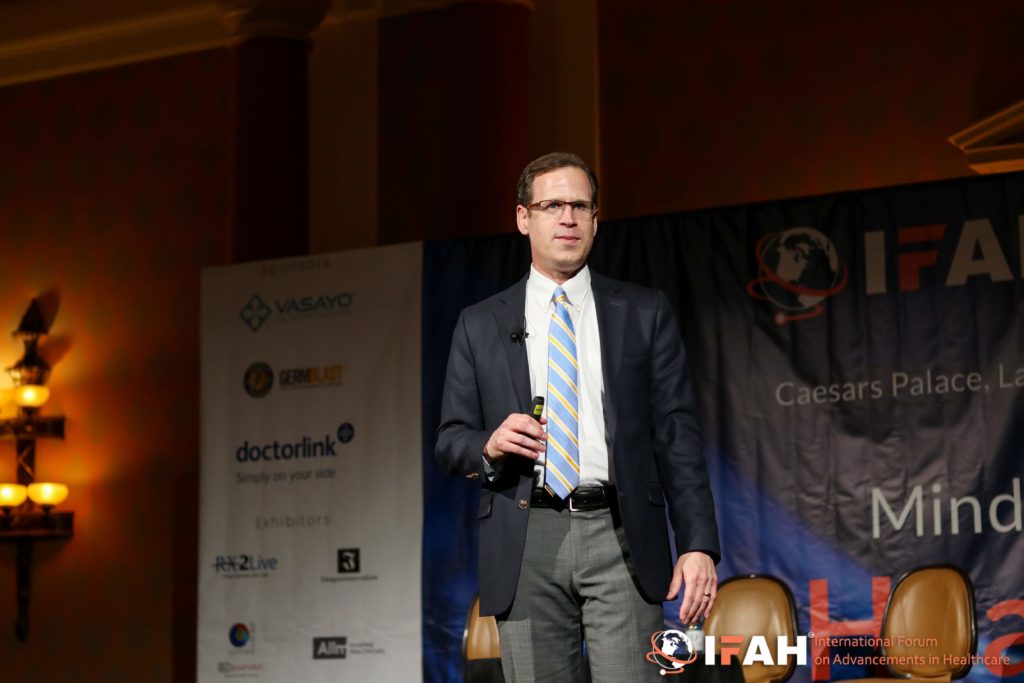
Sometimes when life gives you lemons, you make lemonade.
I can honestly say that I never imagined I’d be traveling to Las Vegas to give a keynote speech on the subject of caregiving and receive a “Top 100 Healthcare Leaders” award. But that’s exactly what happened last month.
How did it happen? It’s a story of something sour that led to something sweet.
The Bitter
Nearly twenty years ago, my mother-in-law got a brain tumor. She was too young for a death sentence, but there it was, and we had no idea how it was going to impact our lives.
I was working in national healthcare policy as part of the Disabled and Elderly Health Programs Group of the federal Medicaid program at the time. Truthfully, I didn’t have a clue about what it meant to be elderly or disabled until my mother-in-law’s cancer emerged.
After a surgeon cut open Mom’s skull and removed the golf-ball-sized mass on her brain, Mom needed a place to recover. So she moved in with us to get a couple of weeks of rest.
She stayed with us for a couple of years. Mom underwent radiation and chemotherapy while in our home. Thanks to miraculous treatments, Mom’s cancer went into remission. She lived for five and a half years after her original diagnosis, but her brain was in steady cognitive decline for the rest of her life. Mentally, Mom was slowly becoming a vegetable.
As a result, for five and a half years, my wife and I served as caregivers for her mother. It was an extraordinarily unexpected and protracted and difficult thing to do, especially when trying to raise four young children at the same time.
Eventually Mom’s cancer returned with a vengeance, and we were thankful she died before her mind had entirely disappeared.
The Sweet
A year after my mother-in-law passed away, I changed the course of my career to help people in similar situations. I left Medicaid to become the owner of a home care company. In this rewarding role, I was able to assist families who were experiencing challenges incidental to age, illness, disability, and end of life care.
I could relate to every family we served because of my own experience, and I knew that our team was making a difference. As care providers, we offered welcome relief to family caregivers who were struggling to get by.
It wasn’t until I studied caregiving as a phenomenon of social science, however, that I came to understand why caregiving is so hard. The insight I gained from research was nothing short of revelatory because it explained, years later, the underlying challenges my family had faced with my mother-in-law’s condition.
Instead of providing a few hours of respite to family caregivers, today I share knowledge that changes the way people interpret the caregiving experience. It’s illuminating to talk about things experienced but not explained, things visible but invisible, things sensed but not expressed. Caregivers and care receivers understand what I’m talking about.
After a life and career redirected by caregiving, it’s reassuring when someone says, “You made a difference in my life. Thank you.” That’s exactly what happened in Las Vegas last month. What once was sour has become sweet.
Posted in Family Caregiving, Organizational Caregiving, Speaking, Uncategorized
